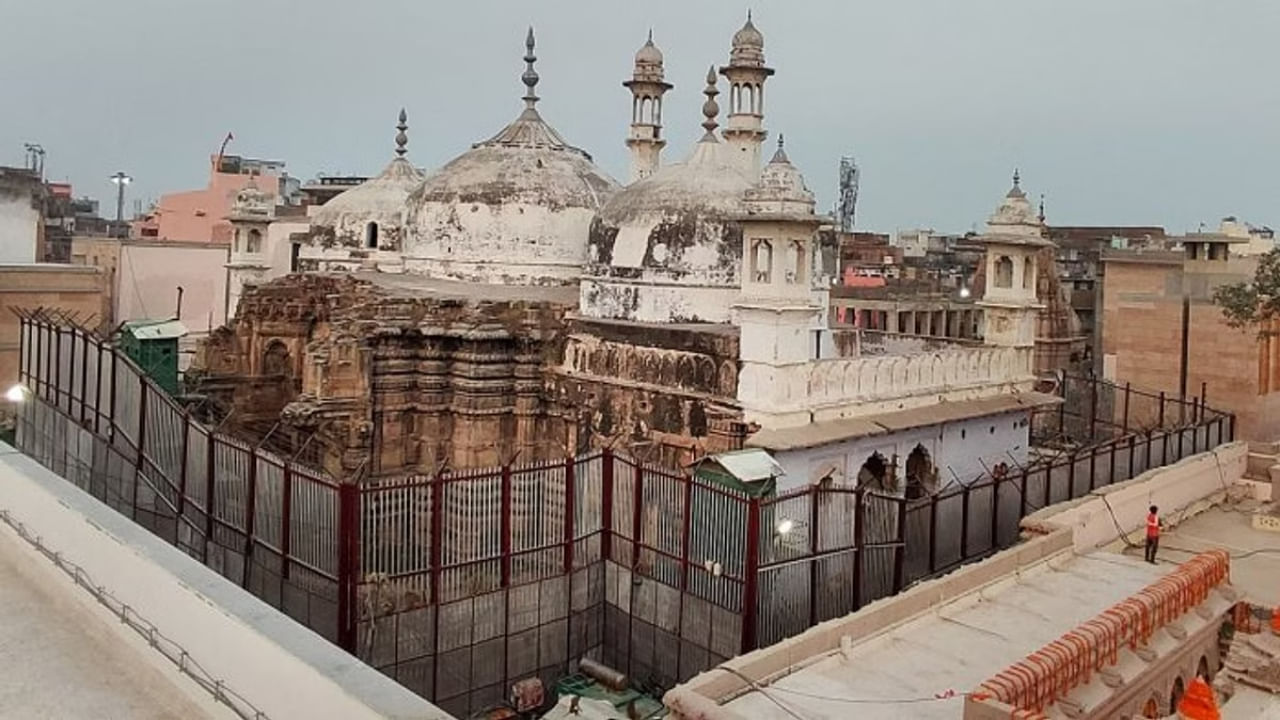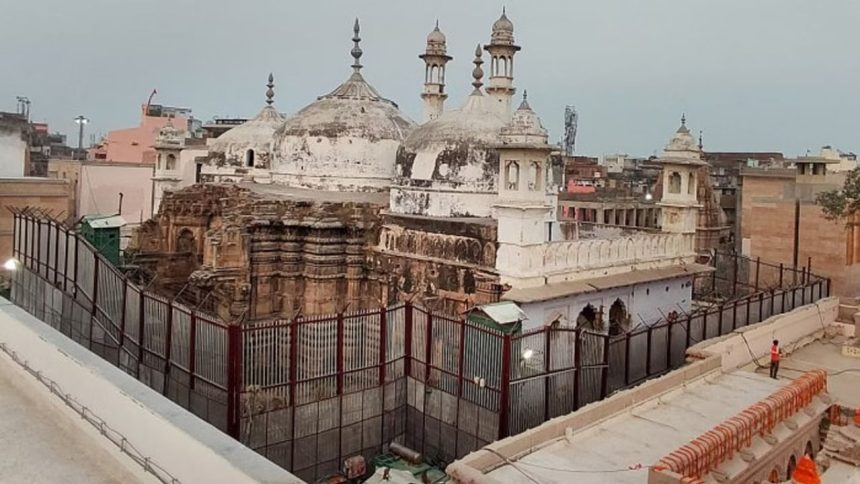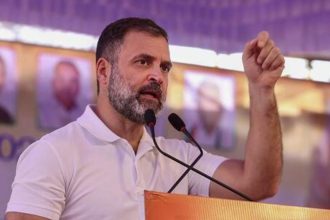
New Delhi: The Places of Worship (Special Provisions) Act, 1991, brought in by the Congress government under then prime minister PV Narasimha Rao, mandates that the religious character of places of worship as of August 15, 1947, must stay unchanged. It prohibits filing of a lawsuit to reclaim a place of worship or seek a change in its character from what existed on August 15, 1947.
However, the Babri Masjid-Ram Janmabhoomi site was exempted from the Act, which allowed the trial in the Ayodhya case to continue even after the law was enforced. The Act also exempts any place of worship that is an ancient or historical monument, or an archaeological site protected under the Ancient Monuments and Archaeological Sites and Remains Act, 1958. It also exempted any dispute that has been settled by the parties or conversion of any place that took place mutual agreement before the Act commenced.
Different Sections of the Act
Section 3 of the Act prohibits the conversion, either fully or partially, of a place of worship from one religious denomination to another, or even to a different segment within the same religious denomination.
Section 4(1) points out that the religious character of a place of worship “shall continue to be the same as it existed” on August 15 1947.
Section 4(2) says that any lawsuit or legal proceeding regarding the conversion of the religious character of any place of worship existing on August 15, 1947, pending before any court, shall abate and no fresh suit or legal proceedings shall be instituted.
Section 5 underlines that nothing contained in this Act shall apply to the place or place of worship commonly known as Ram Janma Bhumi-Babri Masjid situated in Ayodhya in Uttar Pradesh and to any suit, appeal or other proceeding relating to the said place or place of worship.
Section 6 spells out the punishment for flouting the law. It says whoever contravenes the provisions of Section 3 shall be punishable with imprisonment for a term which may extend to three years and shall also be liable to fine.
Why has the law drawn flak in recent times
In recent times, the law has faced criticism from different quarters and been challenged on the grounds that it bars judicial review, which is the essence of the Constitution. The detractors also claim that the Act imposes an “arbitrary and irrational” retrospective cutoff date, and encroaches upon the religious rights of Hindus, Sikhs, Jains, and Buddhists.
On Thursday, the Supreme Court is set to hear a batch of PILs challenging the validity of certain provisions of a 1991 law. The PILs come against the backdrop of several lawsuits filed in various courts, including those related to the Gyanvapi Mosque in Varanasi, Shahi Idgah Mosque in Mathura, and Shahi Jama Masjid in Sambhal. The petitioners claim that these were constructed after razing ancient temples. The various pleas seek court nod to allow the Hindus to offer prayers there. From Qutub Minar to Bhojshala and Ajmer Sharif, in the past 4 years, nine temple-mosque disputes have reportedly reached the court.










